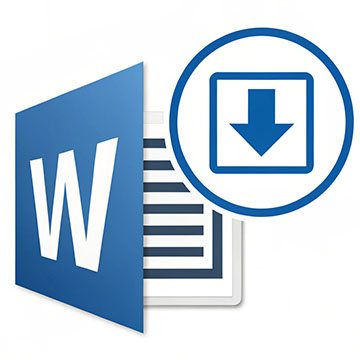Effects of Feedback Loop Model on Teachers’ Attitudes, Self-Efficacy and Classroom Practices towards Formative Assessment
DOI:
https://doi.org/10.46328/ijres.3006Keywords:
Attitude, Feedback Loop, Formative Assessment, Self-efficacy, Physics TeachersAbstract
This research endeavor that aimed to determine the changes in the Senior High School (SHS) teachers’ attitudes, self-efficacy, and classroom practices toward formative assessment (FA) as they implemented Feedback Loop Model (FLM) in their Physics classes was examined to assess any improvement in their attitudes, self-efficacy and teachers’ FA practices. Using a concurrent triangulation design to address the objectives of this study, a convenient sampling method was employed. Out of the 23 teacher-participants who attended the webinar series on FLM, only 3 Physics teachers agreed and participated in the follow-up process, which requires implementing FLM in their classrooms. These teachers approved recording their online classes, which were used for observation by external observers or cross-examiners. Likewise, they agreed to keep journals or reflections as they implemented the FLM in their Physics classes. Results have shown that teachers’ attitudes, self-efficacy, and classroom practices on FA were affected significantly, leading to positive attitudes toward utilizing the assessment and improved self-confidence in applying FA in their classes. Teachers were also able to manifest and build a classroom environment that supports formative assessment, signifying the positive effect of the FLM. Therefore, it is suggested that FLM be recommended to strengthen the use of FA by conducting more professional development programs. This way, teachers would have opportunities to refine their strategies and enhance collaboration and professional growth.References
Ole, F. C. B., & Gallos, M. R. (2023). Effects of feedback loop model on teachers’ attitudes, self-efficacy and classroom practices towards formative assessment. International Journal of Research in Education and Science (IJRES), 9(1), 55-75. https://doi.org/10.46328/ijres.3006
Downloads
Published
Issue
Section
License
Articles may be used for research, teaching, and private study purposes. Authors alone are responsible for the contents of their articles. The journal owns the copyright of the articles. The publisher shall not be liable for any loss, actions, claims, proceedings, demand, or costs or damages whatsoever or howsoever caused arising directly or indirectly in connection with or arising out of the use of the research material.
The author(s) of a manuscript agree that if the manuscript is accepted for publication in the International Journal of Research in Education and Science (IJRES), the published article will be copyrighted using a Creative Commons “Attribution 4.0 International” license. This license allows others to freely copy, distribute, and display the copyrighted work, and derivative works based upon it, under certain specified conditions.
Authors are responsible for obtaining written permission to include any images or artwork for which they do not hold copyright in their articles, or to adapt any such images or artwork for inclusion in their articles. The copyright holder must be made explicitly aware that the image(s) or artwork will be made freely available online as part of the article under a Creative Commons “Attribution 4.0 International” license.

This work is licensed under a Creative Commons Attribution-NonCommercial-ShareAlike 4.0 International License.




